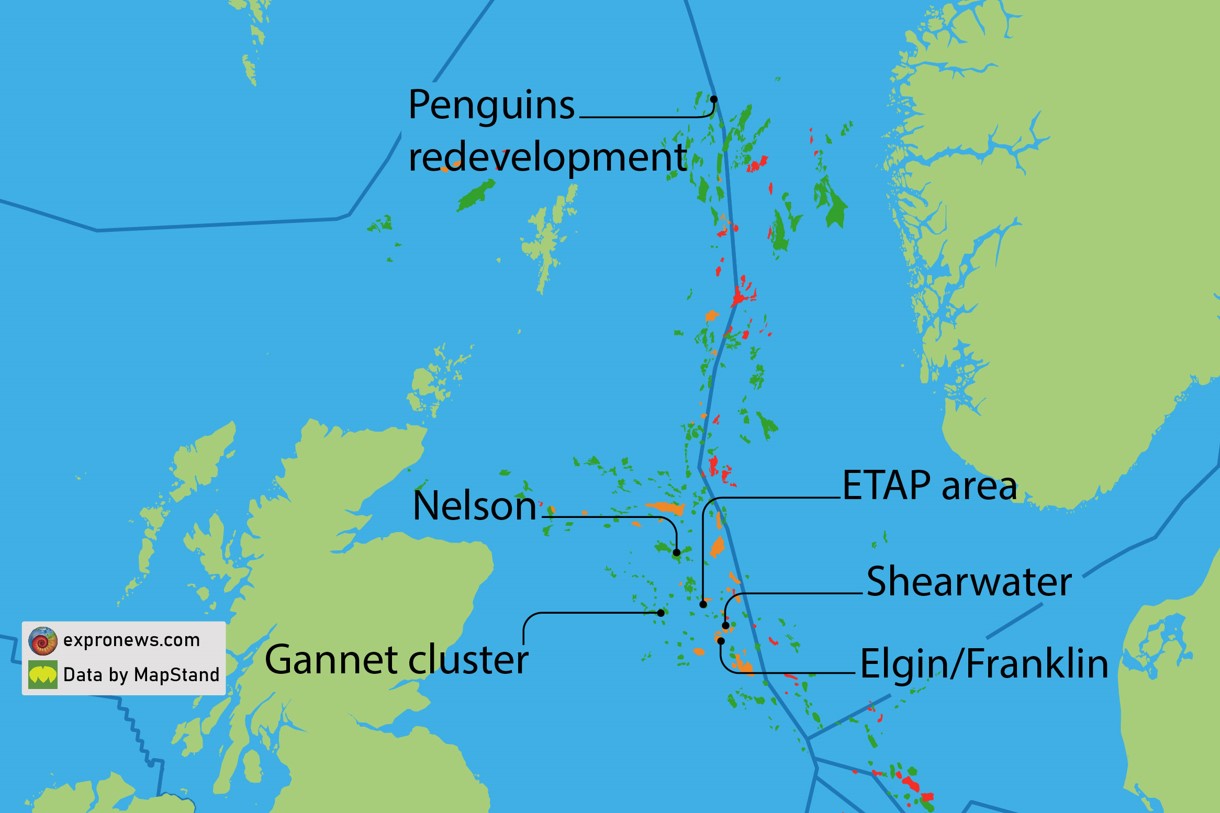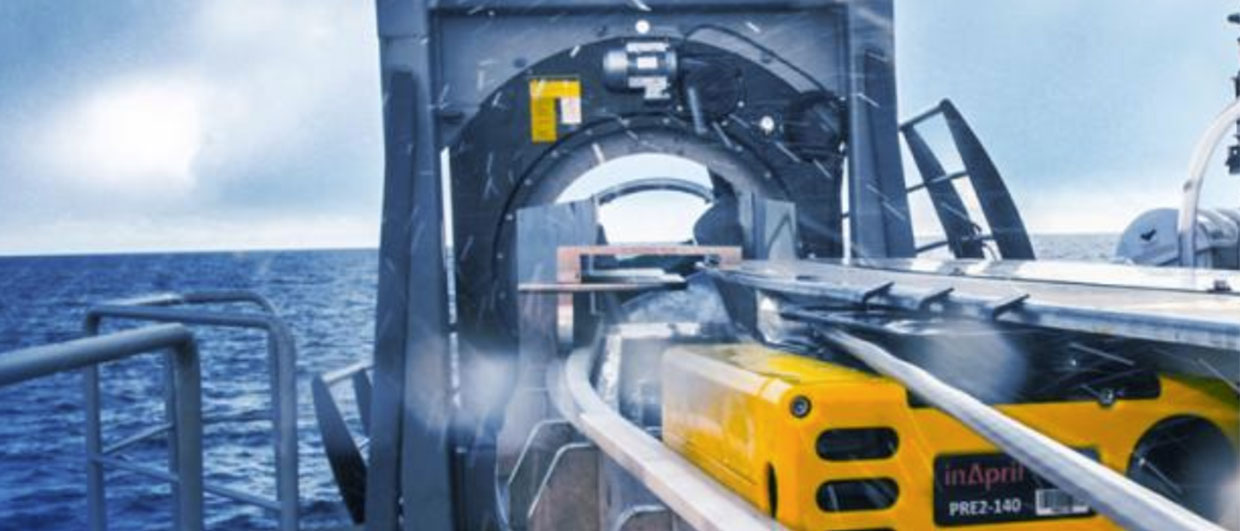NEO Energy is acquiring a major portfolio of non-operated oil and gas assets in the Central and Northern North Sea from ExxonMobil. Following completion, NEO’s expected proforma 2021 production will be circa 70,000 barrels of oil equivalent per day (boepd), growing organically to more than 80,000 boepd in 2024 through ongoing field developments.
NEO is acquiring a substantial, cash generative portfolio that will significantly increase and diversify its producing asset base. Adding close to 40,000 boepd and more than 140 million boe of reserves, it represents a major step towards NEO’s near-term target of producing 120,000 boepd.
The acquisition is an important milestone for NEO, supporting the company’s strategy of being a leading full-cycle E&P company on the UKCS. On completion of the transaction, NEO will have a strong presence in the key hubs in the Central and Northern North Sea, with total reserves and resources of around 300 million boe.
The agreement is valued at more than USD 1 billion. There may be additional contingent considerations of approximately USD 300 million based on the potential for increases in commodity prices.
The portfolio to be acquired consists of 21 assets, including 14 fields and a number of infrastructure positions. The fields can be divided into the following hubs – with the Exxon interest sold in %:
- Gannet cluster – 50%
- Elgin-Franklin fields – 4.38%
- Shearwater area (inc. Fram, Starling, Merganser & Scoter) – 44%-72%
- Penguins redevelopment – 50%
- Nelson – 21.23%
- ETAP (Mirren & Madoes) – 21-25%
The assets include several organic growth opportunities, including ongoing development projects such as the Penguins field, infill wells and life extension opportunities.
The fields being acquired are operated by some of the largest and most experienced offshore operators in the world including Shell, BP and Total. NEO will become Shell’s largest partner in the UK Central and Northern North Sea.
Some of the licences date back a long time and form the pioneers of UKCS exploration history, such as the Gannet cluster licence being awarded in the first UKCS licensing round in 1964.




